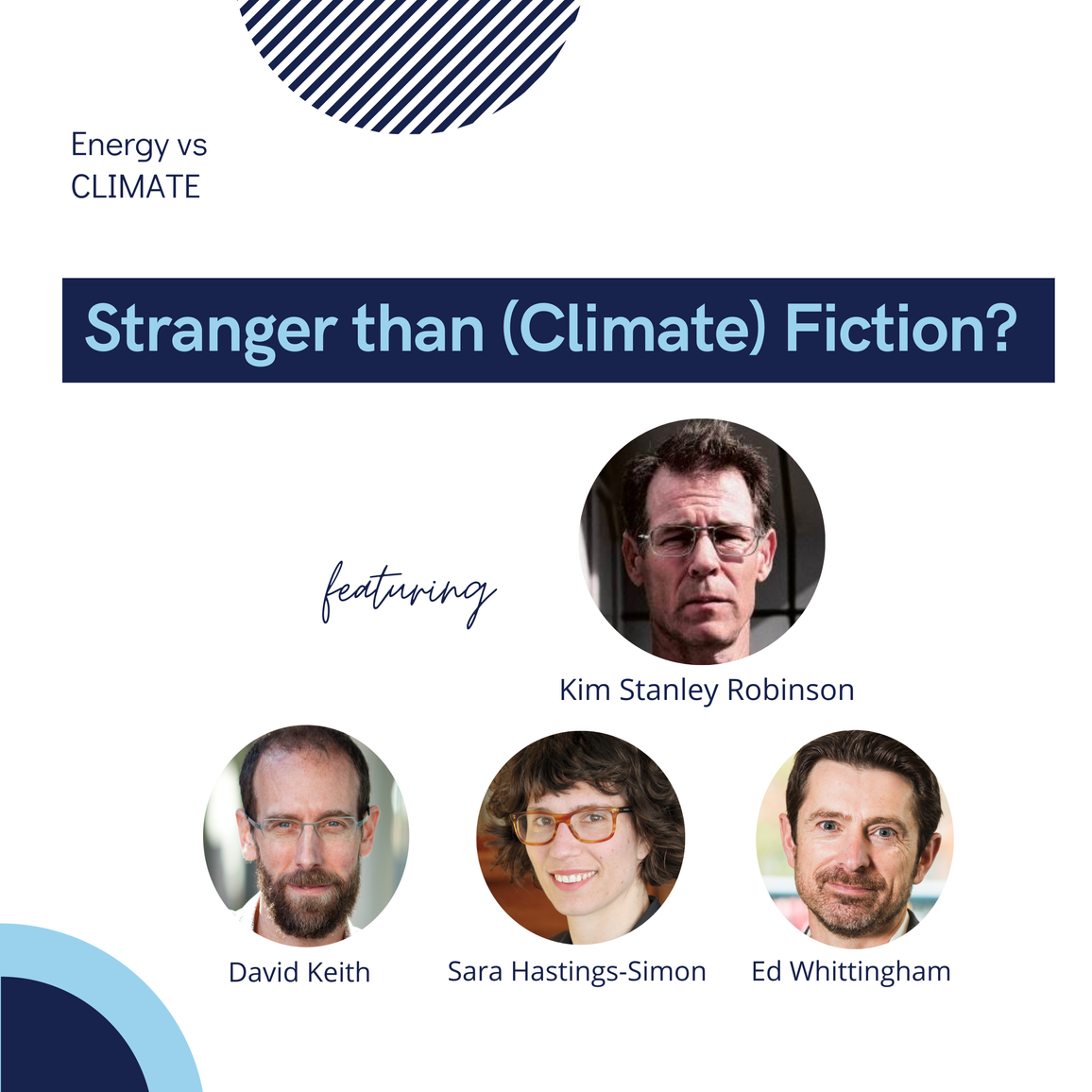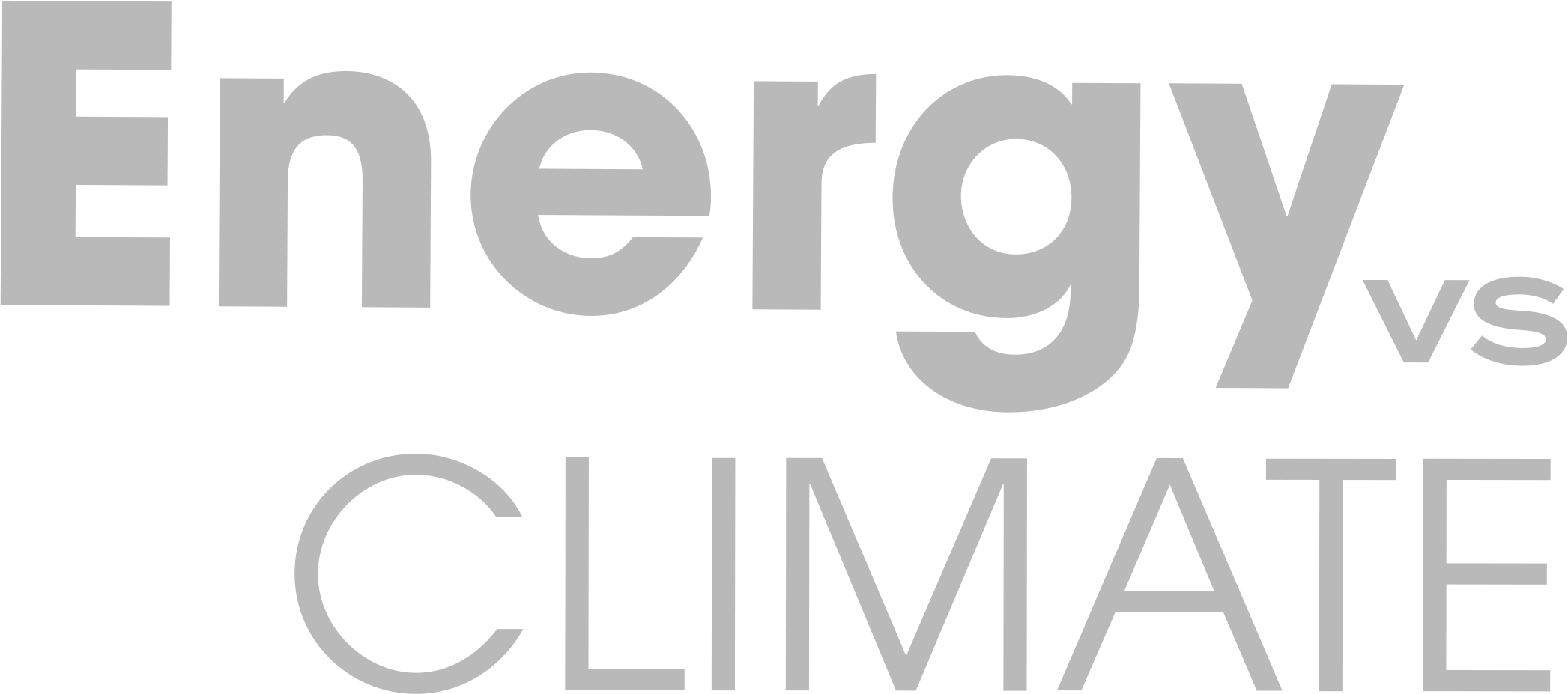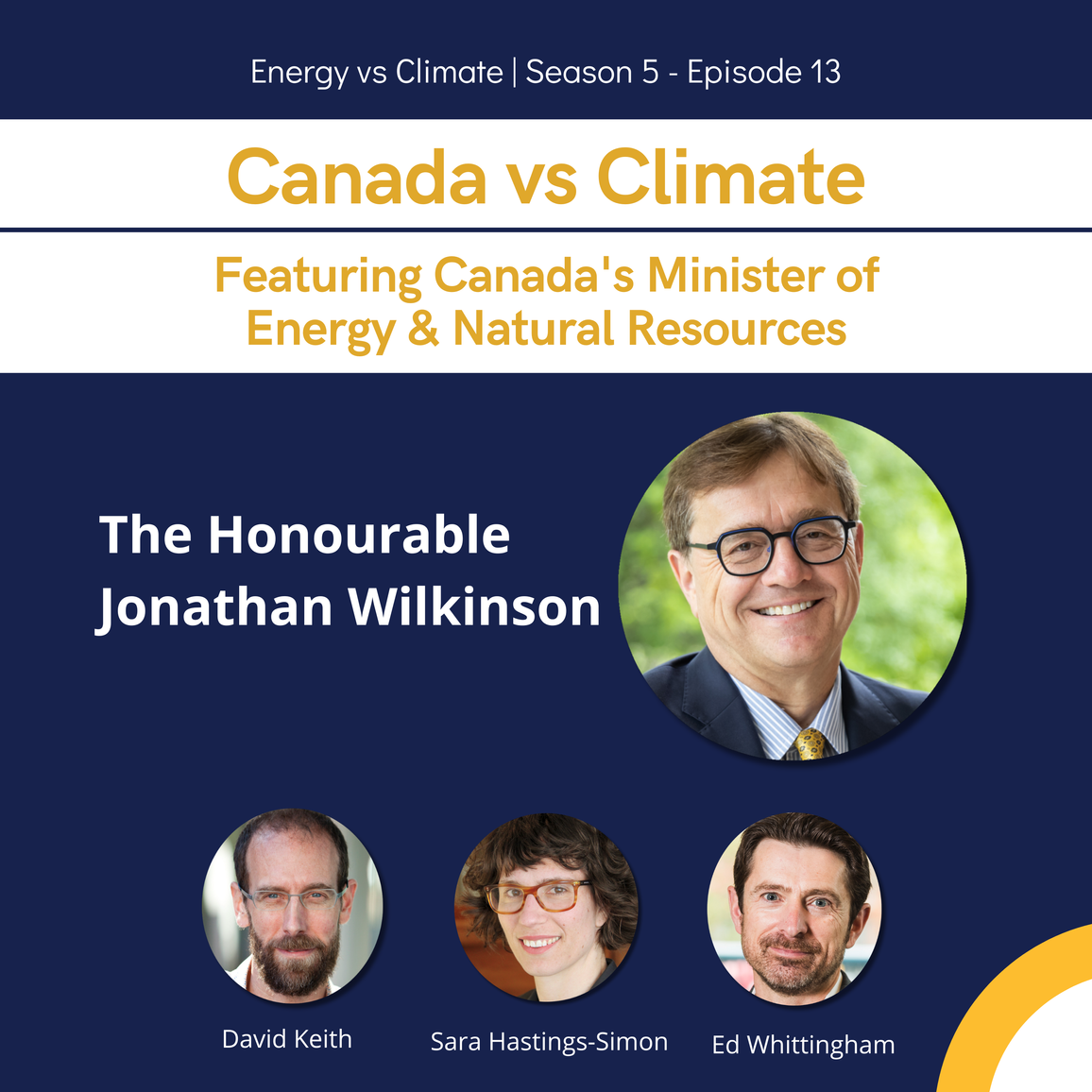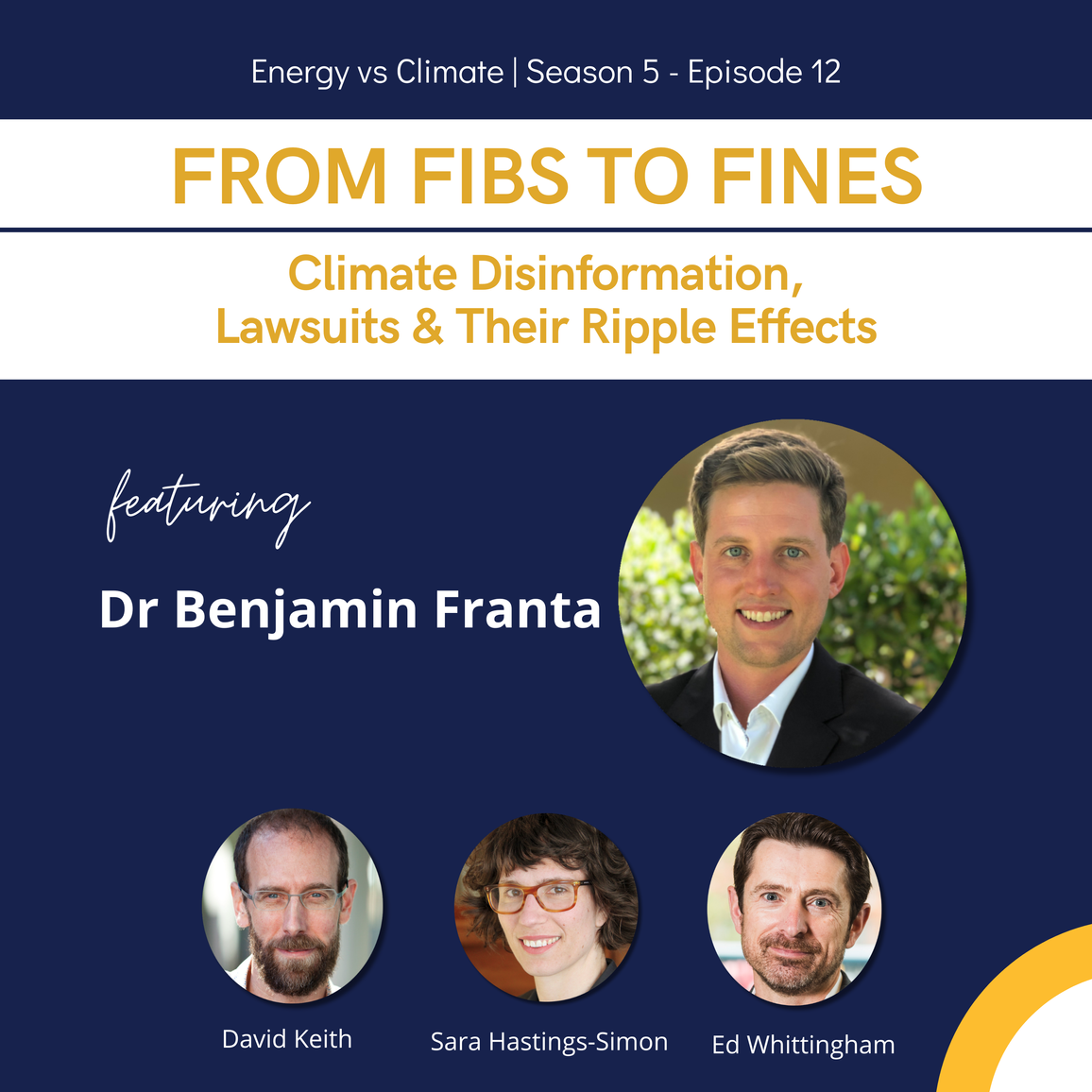KIM STANLEY ROBINSON - Stranger than (climate) fiction?

In The Ministry for the Future, sci-fi author Kim Stanley Robinson approaches the question of how the world might tackle dangerous climate change through presenting what The Guardian calls a “chilling yet hopeful vision of how the next few decades might unfold.” Its harrowing opening chapter has already achieved legendary status for Robinson’s portrayal of the devastating effects of an extreme heat event.
What is the role of literature in the climate policy and technology discussion? How does the genre allow us to explore uncomfortable climate scenarios, including those to do with heat death and direct action? While ultimately successful, the path laid out in the book is very bumpy, volatile, and rife with violence – strikingly different from the smooth and orderly transition often offered up by politicians and techno-optimists.
On Season Five, Episode Seven of Energy vs Climate, David, Sara, Ed, and New York Times bestselling author Kim Stanley Robinson as they discuss how science fiction can help us explore different climate scenarios and solutions.
EPISODE NOTES
@0:21 – Kim Stanley Robinson
@0:21 – The Ministry for the Future - Kim Stanley Robinson
@3:13 – How hot is too hot for humans? Understanding wet-bulb temperatures
@9:00 – Carboncoin
@10:25 – The unprecedented Pacific Northwest heatwave of June 2021
@13:55 – Karl Popper
@18:45 – How to Blow Up a Pipeline - Andreas Malm
@20:32 – Dave Foreman
@21:30 – Climate protesters throw tomato soup on Van Gogh’s ‘Sunflowers’
@27:50 – Who is Wiebo Ludwig? A thunder storm wrapped in the flesh of a man. Part 1
@30:52 – Glacier geoengineering to address sea-level rise: A geotechnical approach (Lockley et al, 2020)
@31:50 – Solar Geoengineering - should we go there?
@44:05 – The Hottest Year
@46:10 – Utility of the blockchain for climate mitigation (Chen, 2018)
@49:05 – Overshooting 1.5 C limit 'looks inevitable' with record CO2 emissions from fossil fuels
About your co-hosts:
Kim Stanley Robinson is a New York Times bestseller and winner of the Hugo, Nebula, and Locus awards. He is the author of more than 20 books, including New York 2140 and The Ministry for the Future. He lives in Davis, California.
David Keith is Professor and Founding Faculty Director, Climate Systems Engineering Initiative at the University of Chicago. He is the founder of Carbon Engineering and was formerly a professor at Harvard University and the University of Calgary. He splits his time between Canmore and Chicago.
Sara Hastings-Simon studies energy transitions at the intersection of policy, business, and technology. She’s a policy wonk, a physicist turned management consultant, and a professor at the University of Calgary and Director of the Master of Science in Sustainable Energy Development.
Ed Whittingham is a clean energy policy/finance consultant, fellow at the Public Policy Forum and a mentor with the Creative Destruction Lab. He is the former executive director of the Pembina Institute.


